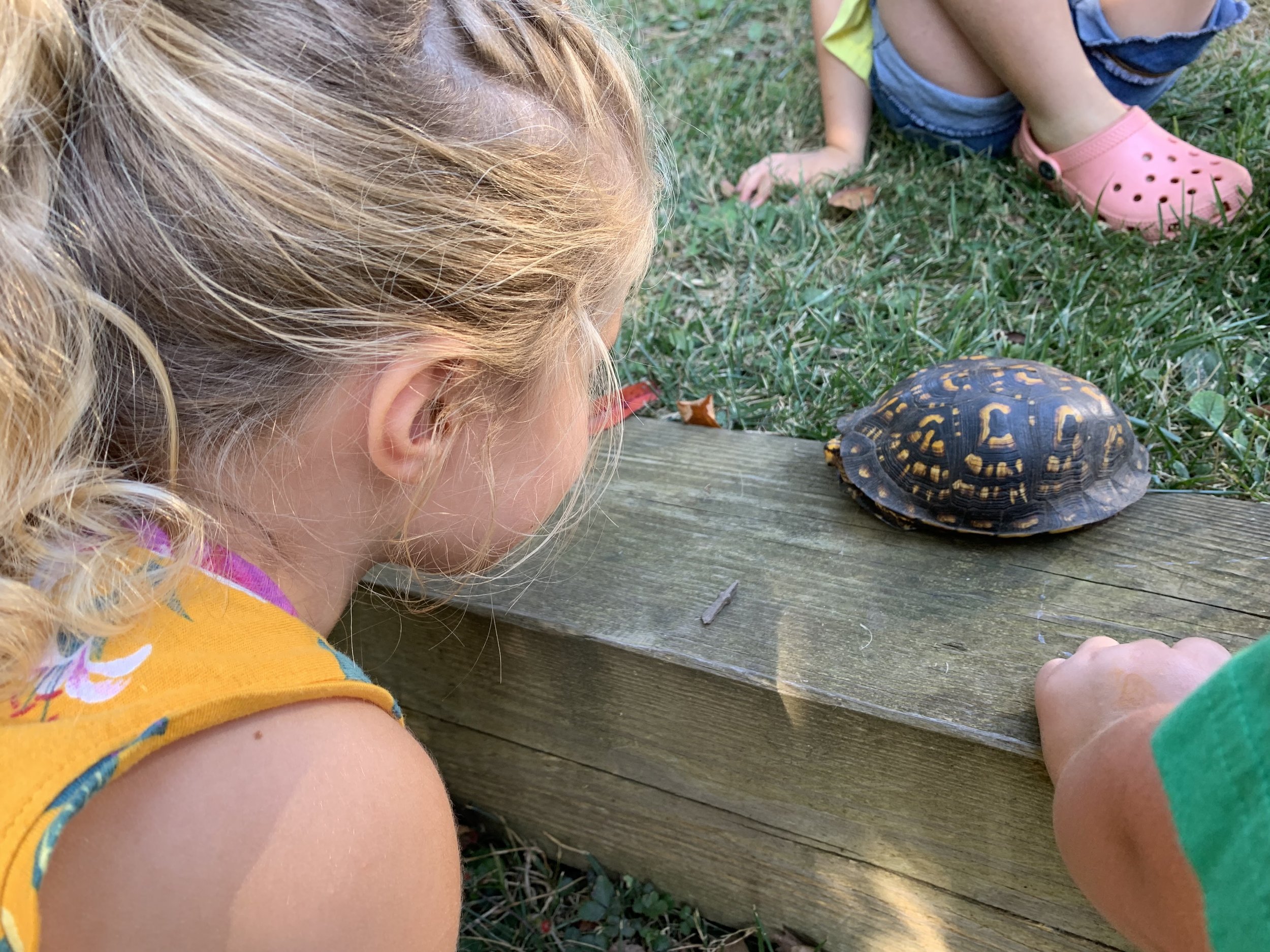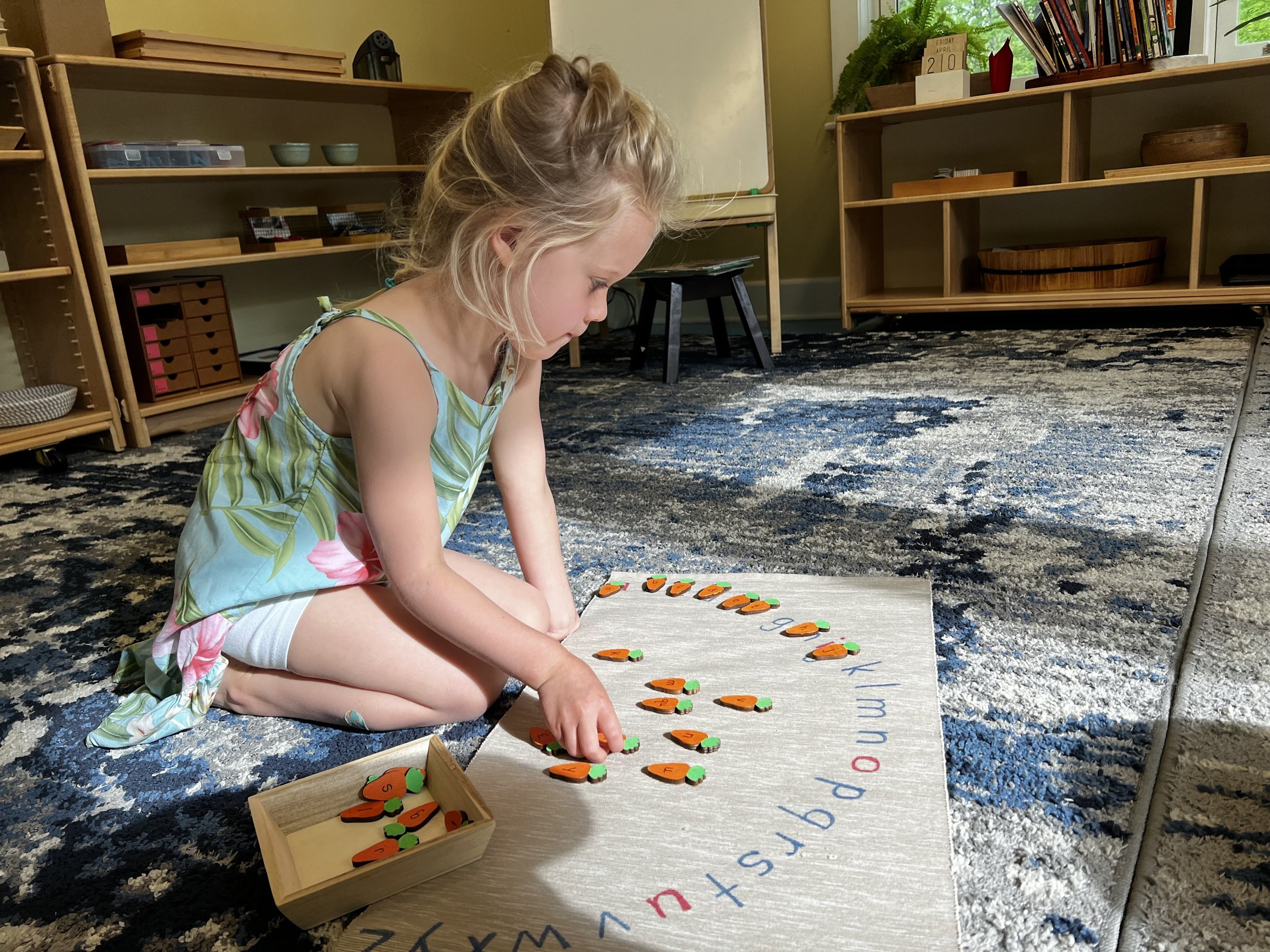
Our Approach to Learning
The work of the young child is great work – it is important work, and we are able to serve the child through offering an environment that inspires exploration, engages curiosity, and nurtures spiritual growth based on the teachings of Judaism. Nature is the platform we have chosen to guide your child into the world of today. Everything we do and we learn connects back to nature, whether it is on the surface of our planet, in the air around us, or beyond the stars we can see. As adults it is our mission to open doors through language, experience, prayers, and traditions to further strengthen the bonds to nature, humanity, and G-d. Learning to be in nature, to work in nature, to care for nature, and to respect nature all directly link our children to the relationships we want for them to have with each other and with G-d. Our days will be spent outside as much as possible either in our playspaces or in our outdoor free spaces, both allowing discovery and focused exploration.
Child-Centered Learning
Our educational philosophy underscores our commitment to child-centered learning. Educators guide students to new learning as children ask questions, express curiosity or concern, and show enthusiasm toward discoveries. Students experiment, problem solve and explore with their senses. They voice opinions and express ideas through language and the arts. Our children develop friendships and learn from one another through cooperative play; in other words, students actively participate in all aspects of learning.
We integrate many approaches to support each child’s learning path by:
• Developing a connection to G-d through the traditions of Judaism;
• Providing a supportive, safe learning environment to encourage discovery, questioning and experimentation;
• Offering sensory opportunities with natural objects, artifacts, outdoor interpretation and creative arts activities;
• Engaging cognitive growth and problem-solving skills through hands-on games and activities;
• Developing physical motor skills through active learning and play;
• Promoting social skills and positive self-image through group play and cooperative learning;
• Cultivating emotional literacy and empathy to develop self-esteem;
• Nurturing self-expression, creativity, and reflection;
• Encouraging family involvement to help students appreciate the wisdom of their first teachers – their families;
• Celebrating diversity of all living things and the individuality of children and families;
• Instilling respect and appreciation for the natural world.


